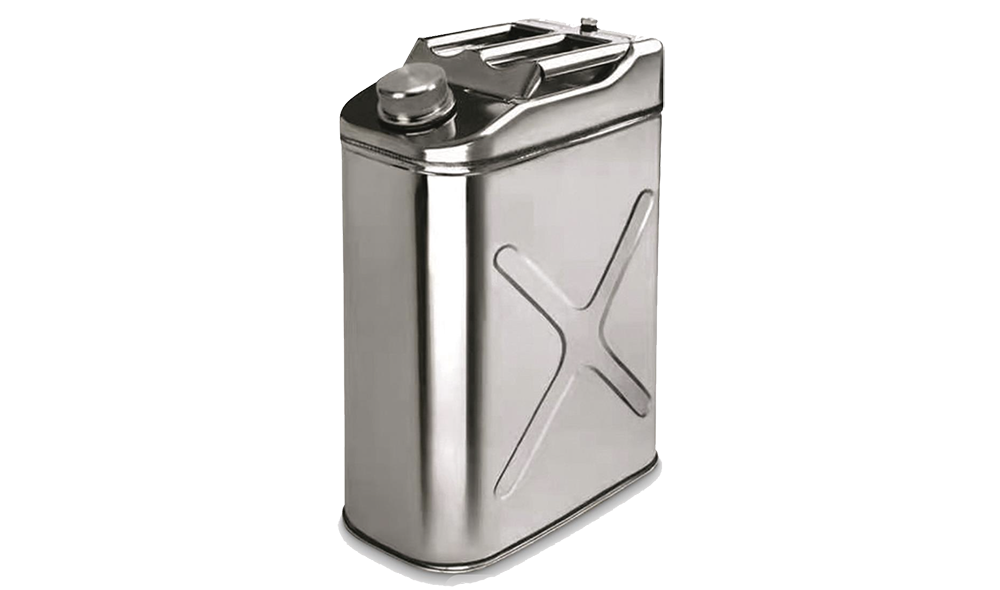Shorty after our unit transitioned to the M1 Main Battle Tank, I was assigned as the Range NCO for the upcoming qualification. An officer was also assigned as the Range OIC; he was mostly there to take the credit for what I and my guys did right, or to blame us for what went wrong. The monkey, as they say, was on my back.
Running a shooting range is one thing, running a tank range is an entirely different animal. First, the range is vast; the zero target is 1200 meters down range and the tanks move down range while engaging the targets, which can be as far away as 1800 meters. Second, not only are all the targets of the pop-up variety, some move. And finally, for the M1’s thermal sight to work, what you’re shooting at must be warmer than its surroundings. The fiber targets had heating elements in them that delivered a signature just like a Russian tank. For those heating elements to work, they had to be powered. We used gasoline generators, placed near the target activation device or on the rail sled with the target.
I had a good group of range personnel working with me that I’d hand-picked and was rather proud of what we had accomplished. On the evening before qualification, the Squadron Training Officer stopped by for an inspection. We were mostly ready, and I was prepping my tank crew when he arrived. (Not only did I have to run the range, my crew and I had to qualify just like all the others.) The captain, or maybe major – my memory fails me now – walked by the Range OIC after returning his salute without saying a word. I was on the deck of my tank and when he stepped up, he said, “Sergeant, are you building this range or playing tank commander?”
I told him we were ready, and then he and I went off on an inspection. We went through the various tents used for staging and debriefing, and into the tower to check communications and target function. Then we jumped in a jeep and headed down range to look at the targets. On the way, the officer, which by the way was a squared away dude who I respected, made a few minor suggestions concerning things I should correct. When we arrived at the first target he nosed around a bit and then asked how I was going to fuel the generators.
I did not have an answer.
When the Training Officer left the range, it was already dark and his last words were, “Sergeant, I don’t give a damn how you do it, but you need to sort out the fuel situation for those generators.”
Fort Pickett, Virginia is a maneuver training center for the National Guard. It encompasses 41,000 acres. I had only a few hours to put together about 30 gallons of fuel that could be staged down range to help keep my tank targets hot. If those generators were not running all day and the following night, I did not have a tank range and embarrassment would be the least of my worries. I didn’t have a lot of options. I grabbed a hard-working Cav Scout on my range detail and told him to meet me with a jeep at 2300 hours.
In addition to our Cavalry Squadron, there were several other units using Fort Picket at that time. We started with friendly forces and commenced to procuring every Jerry we could find that had fuel in it. (Surprisingly, many were empty.) We’d just find a vehicle and take the can. By about 0200 we had six of them and returned to our range and placed them in locations down range to make refueling the generators convenient. The Cav Scout asked me about stealing the cans and I explained that in the Army, equipment relocation was sometimes part of the job. When we were done it was so late I just crashed on the deck of my tank; the Training Officer was supposed to return at 0600 for a final walk-through.
When he arrived he found me in the tower with my OIC. He left his entourage of brass at the tower’s base and climbed in. “Lieutenant, will you give Sergeant Mann and I a moment?” He said, motioning for the silver bar to slide out of the tower.
As the Lieutenant was leaving, several thoughts were going through my head, and the only response of any wit and reason I was prepared to deliver was, “Adapt, overcome, and improvise.” After all, my orders had been prefaced with, “…I don’t give a damn how you do it….” Apparently, word on post had gotten out that there was a fuel thief on the loose, but ultimately I didn’t need to say anything witty. I could tell the Training Officer wanted to smile but was doing his best to maintain his usual stern appearance. He said, “I understand you sorted your fuel situation. If you get caught, you’re on your own.” And he turned and left the tower.
The MPs dropped by the range during the day, apparently an investigation was underway. No one ever said a word to me, and the dastardly deed was never spoken of again. The next time I saw the Squadron Training Officer he was congratulating my crew and I as Top Gun. It’s easy to perform well on a tank range when you have a stellar crew – a crew you also hand-picked for your range detail – and when you’re the ones who set the range up and know where all the targets are.
*Names and identities have been withheld to protect the guilty – and innocent.


